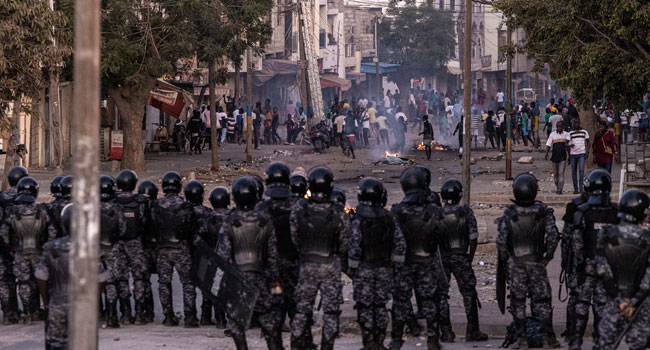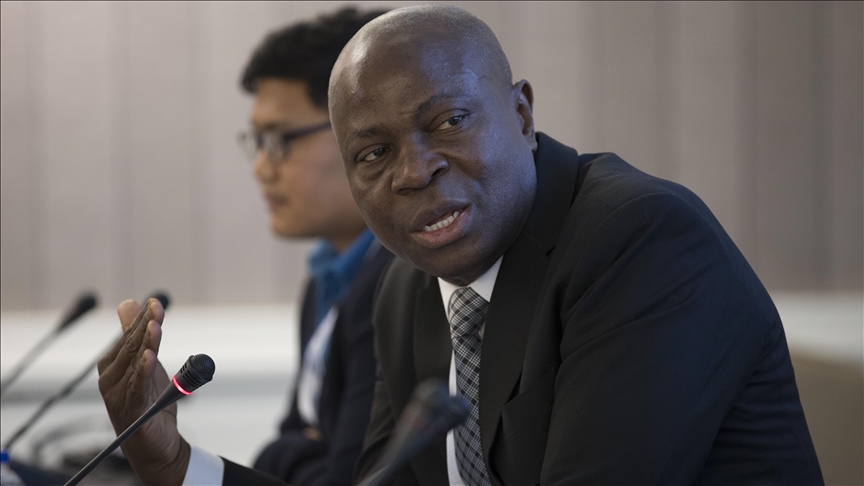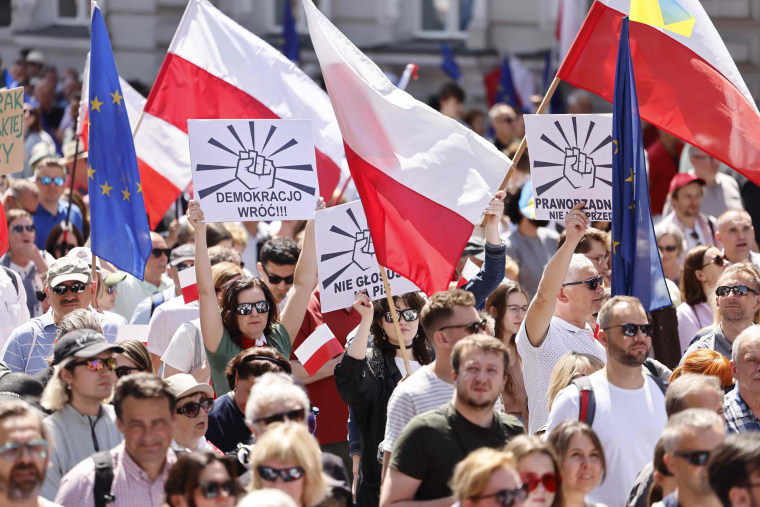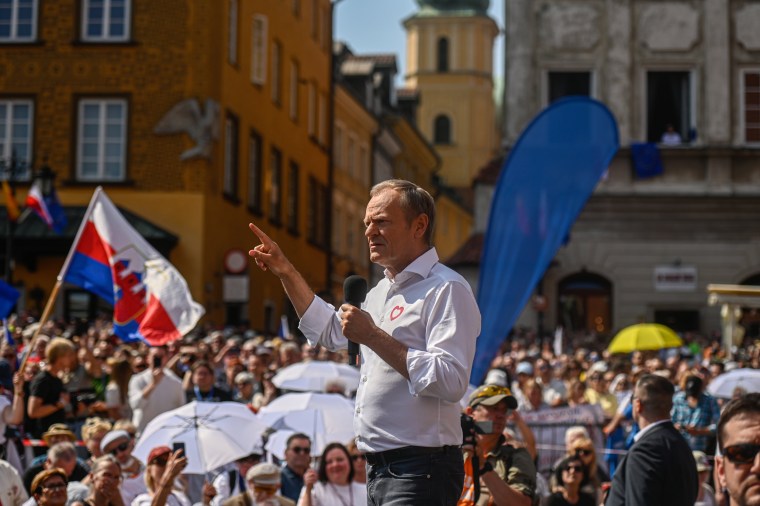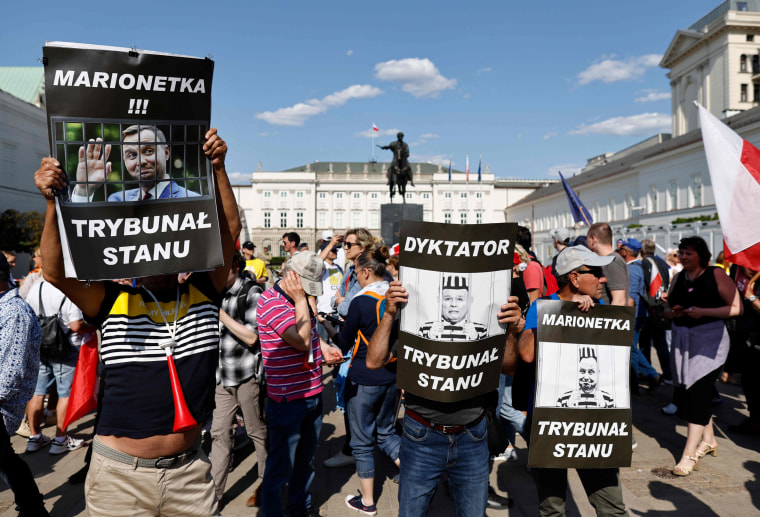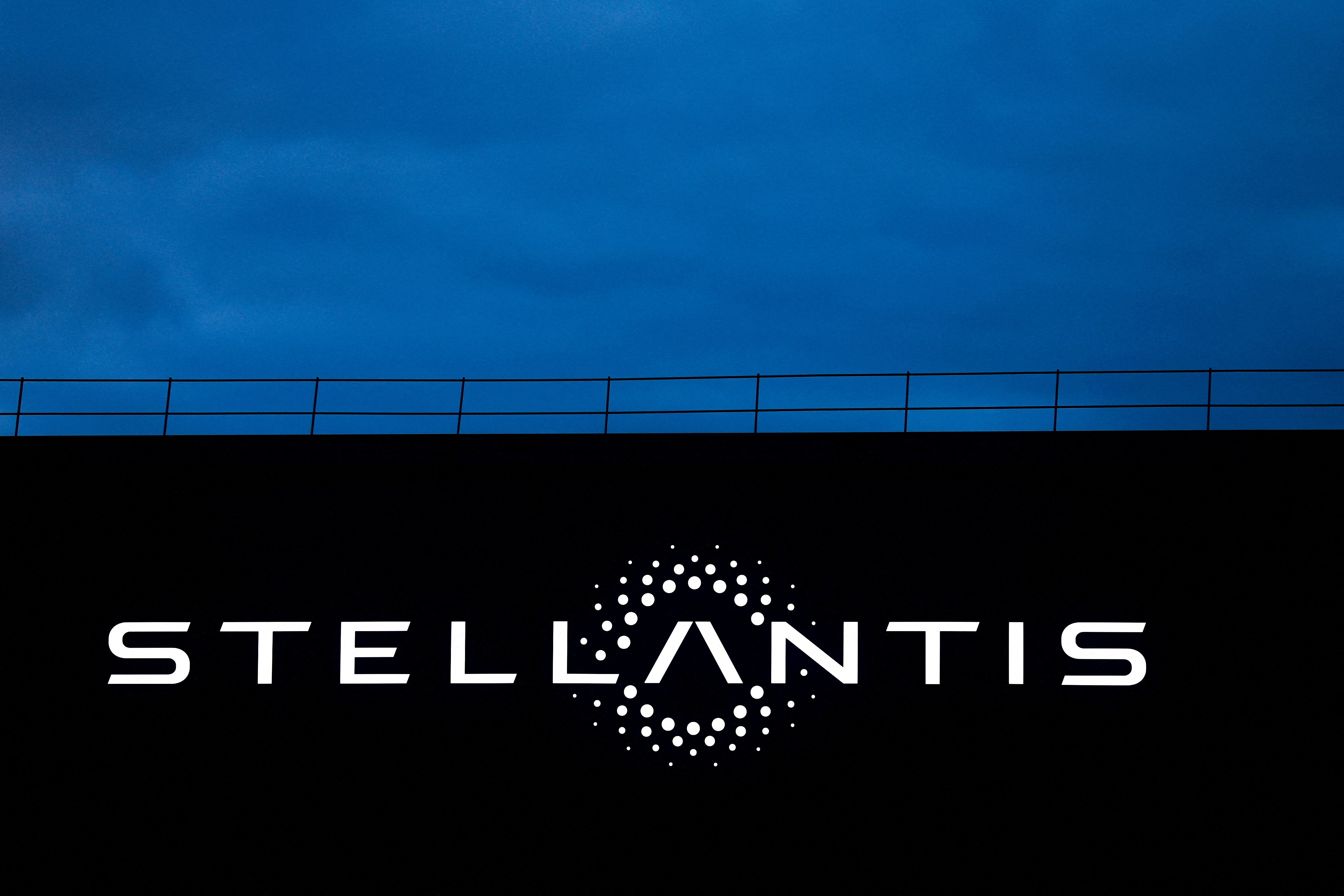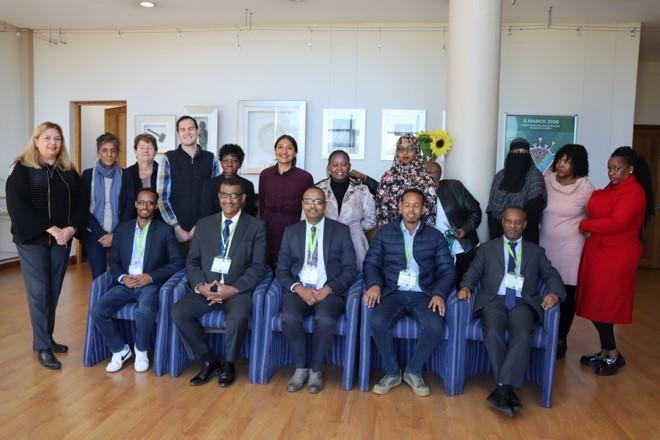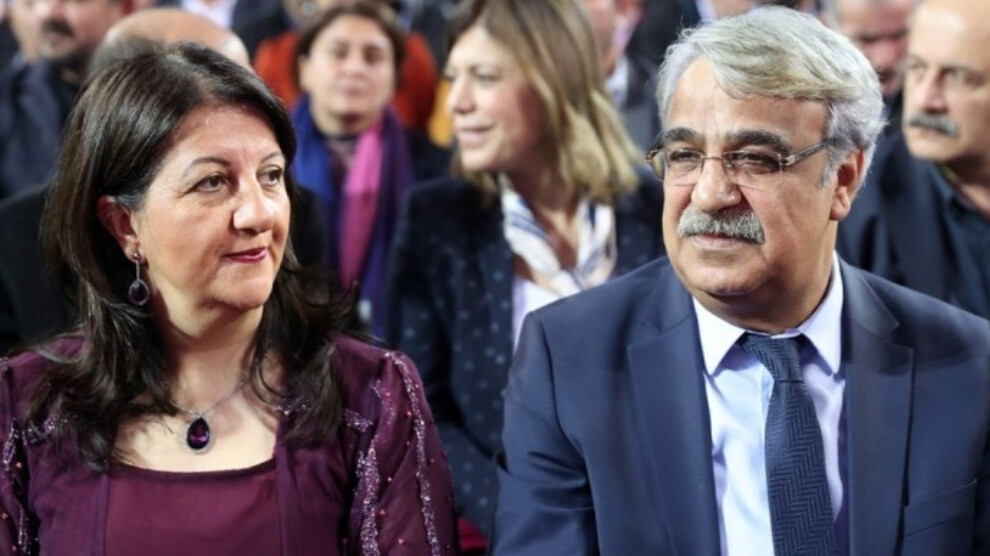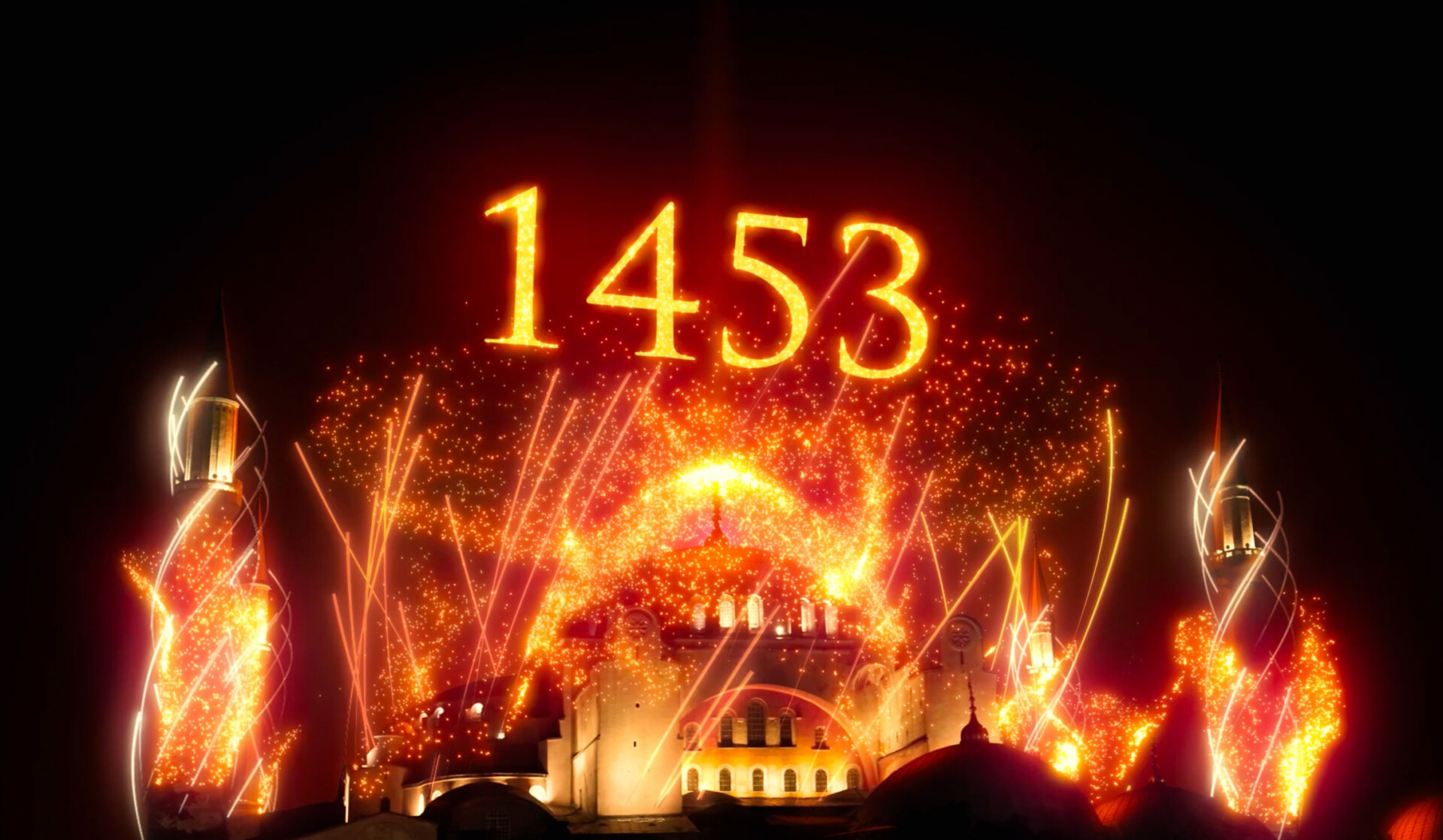Victories are always a good time for gloating. Ibrahim Kalin, a spokesman for Turkish President Recep Tayyip Erdogan, recently took the opportunity to taunt the Western press for imagining that Erdogan might lose, tweeting “Bye bye” at a collage of magazine front pages after the president came out ahead in the first round of presidential elections earlier this month. On previous occasions, Kalin and his colleagues have suggested that such Western hostility to Erdogan reflected residual bitterness from the fall of Constantinople, which took place 570 years ago on Monday.
Kalin may be projecting. Journalists have different motives and agendas, but I’ve never met any who looked haunted by the ghost of Constantine XI. Still, the fact is we’re talking about it. There has always been an elegant synergy between Erdogan’s fixation with Ottoman history and Western commentators’ fixation with his fixation with it. If nothing else, this has been a boon for those of us who would rather read dime store novels about Ottoman pirates than books about political economy. Indeed, writing about the politics of history in Turkey for the past decade and half, I’ve always felt slightly self-conscious: Symbols and narratives are certainly fascinating, but surely they weren’t the real story.
And yet, over the past two weeks, a significant number of Turkish voters seemed to confirm how effectively symbols and narratives can transcend financial realities. Running for reelection amid a rapidly collapsing economy, Erdogan concluded his campaign with prayers in Hagia Sophia, the church-turned-mosque, and now appears set to celebrate his victory on May 29, the 570th anniversary of the Ottoman conquest of Istanbul (referred to as the Fetih by the Ottomans).
For scholars and journalists who have watched Erdogan consolidate his power, this may finally be the moment to concede that he was always more sophisticated in his use of history than we gave him credit for. Where observers contrasted neo-Ottomanism with Kemalism, 1453 with 1923, and Mustafa Kemal Ataturk with Fatih Sultan Mehmet II, Erdogan understood that many voters wanted all of it, and gave it to them. Where observers focused on the divide between religion and nationalism, Erdogan grasped how effectively they could be wielded together. And he proceeded to do so, fusing these overlapping traditions together through a series of real and imagined battles against such common enemies as Western imperialism, Greeks and left-wing Kurds. The result is a potent ideological current that will continue to bedevil Turkey’s democratic aspirations and relations with the West long after Erdogan exits the scene.
It wasn’t always crazy to think Erdogan represented an alternative to traditional Turkish nationalism. Initially, his push for European Union membership and a political solution to Turkey’s long-running Kurdish insurgency put him at odds with secular and conservative nationalists. Thus, during his first decade in power in the 2000s, Erdogan was regularly attacked as being a Western stooge. Devlet Bahceli, head of Turkey’s aptly named Nationalist Action Party, invoked the Ottoman victory at Gallipoli to imply that Erdogan’s policies were tantamount to opening the straits to Western warships. In 2009, as part of its “Kurdish opening,” Erdogan’s government took the modest but radical step of referring to Kurdish villages by their Kurdish names. The backlash was swift. He was asked if he was planning to put up signs on the roads to Istanbul reading “Constantinople.”
The 2000s were the heyday of liberal, multicultural neo-Ottomanism. The rhetoric of Ottoman tolerance was in vogue in Ankara and Western capitals alike. At particularly romantic moments, the Ottoman Empire sounded like an American-style cultural melting pot or some sort of pre-modern EU. Many supporters of neo-Ottomanism noted that, whereas Ataturk’s nationalism had crushed ethnic and religious differences in the name of a homogenous and oppressive form of Turkish identity, the Ottoman state had fostered a much greater degree of pluralism.
This narrative had the benefit of being both politically convenient and pretty accurate, as far as history goes. But it neglected the ease with which the Ottoman Empire could also function as a nationalist symbol — a bigger, badder and, in Erdogan’s case, more pious version of modern Turkey. In other circumstances, glorifying a predecessor state for its benevolence and military might would have appeared, to historians more than anyone, as good old-fashioned jingoism. But in Turkey, Ataturk had supposedly rejected the Ottoman Empire wholesale, severing the people from their past as part of a campaign of hyper-Westernization and Jacobin secularism. As a result, it was possible to see Erdogan’s enthusiasm for the Ottoman past as something much more wholesome. Instead of inventing traditions, he was simply reconnecting Turks with “their” history.
Hints of a more complicated story could be found in a 2002 article by the political scientist Busra Ersanli, titled “The Ottoman Empire in the Historiography of the Kemalist Era: A Theory of Fatal Decline.” As Ersanli discovered, Ataturk and his associates had not really rejected everything Ottoman. Rather, they had done so selectively to advance their ideological agenda. During the empire’s golden age, they argued, it had been fundamentally Turkish and secular. Then, as it became increasingly religious and lost its ethnic character, decline set in. The implication, clearly, was that Ataturk, with his nationalist and secular reforms, was actually restoring the roots of Ottoman greatness.
But there were other hints that Ottoman tolerance wasn’t the full story as well. In 2011, Professor Ersanli herself was jailed for her Kurdish rights advocacy. In 2018, she was arrested again.
Peace, Erdogan eventually realized, was bad politics. His outreach to the Kurds cost him nationalist votes and alienated the military without winning him any corresponding influence among Kurdish voters. Moreover, as he gained power, he increasingly saw the state’s interests as identical to his own. By 2015, it seems to have become clear to Erdogan that making peace with the Kurdistan Workers’ Party (PKK) would require a degree of power-sharing he was uncomfortable with, while also undermining his plans to gain influence in Syria through cooperating with Islamist rebels.
The resulting ideological pivot proved surprisingly easy for Erdogan. In the summer of 2015, he joined forces with Bahceli and the military to go back to war against the PKK. As the army cleared Kurdish fighters from cities across southeastern Turkey, a piece of graffiti on the wall of a destroyed home captured the terms of the alliance: “If you’re Turkish, be proud. If you aren’t, obey.” Ethnic pride was optional. Obedience, by contrast, was obligatory.
To make matters simpler, in 2014, the United States government had begun backing the Syrian branch of the PKK in its fight against the Islamic State group. ISIS being ISIS, this seemed like a reasonable policy, but no one in Turkey was convinced. For decades, even as Washington was selling Ankara the jets and helicopters it needed to raze Kurdish villages, Turkish conspiracy theories held that the U.S. was secretly supporting the PKK. When Washington actually began openly supporting them, Turkey’s sense of anger and betrayal spilled over.
Historical narratives quickly followed suit. In the opening episode of the Ottoman TV drama Resurrection Ertugrul, viewers learned that, in the 13th century, the actual Crusaders had adopted a policy of pitting Turks and Kurds against each other. Meanwhile, U.S. counter-ISIS envoy Brett McGurk was regularly characterized as a modern-day Lawrence of Arabia — not a compliment in Turkish political discourse.
Turkey’s July 15, 2016, coup attempt provided further opportunity to consolidate religious and nationalist rhetoric in the face of supposed Western perfidy. Erdogan declared that, in resisting the putsch, Turkish citizens drew on millennia of Turkish national tradition and 1,400 years of Islamic civilization. At one memorial, a young boy was brought on stage and asked what he would like to be a martyr for. “My people,” the boy replied. Then, asked “What else?” he added, “My nation” and, finally, prompted again, “God.”
In setting the coup in historical context, the government’s rhetoric repeatedly drew on traditional nationalist iconography infused with a new religious reading. The defeat of the coup attempt has been repeatedly compared to Manzikert, where Seljuk Turks defeated the Byzantine Empire in 1071, and to the battle of Gallipoli, where Ataturk defeated the British during World War I. As one journalist wrote, “The 15th of July treason was the greatest attack experienced in this era from the Crusader mentality that tried to stop us, even tried to destroy us, at Manzikert and at Gallipoli.”
Erdogan has a particular flair for mixing and matching political symbols. He has embraced the Rabaa sign — a Muslim Brotherhood symbol denoting the Egyptian government’s massacre of supporters of the movement in Cairo’s Rabaa Square in August 2013 — at his rallies, but also insisted its four fingers represent the ideals of “one people, one flag, one country, one state.” When Erdogan built a massive new mosque overlooking the Bosporus in 2019, he threw in a little more Manzikert by making the minarets precisely 107.1 meters tall. The government has also begun once again commemorating the Ottomans’ World War I humiliation of the British army at Kut al Amara. This victory was originally celebrated under Ataturk before being tactfully dropped when Turkey joined the British in NATO. Erdogan’s ever more irredentist rhetoric, in turn, incorporates both references to the Ottoman Empire’s spiritual borders and maps of the National Pact that Ataturk fought to uphold after World War I.
If Ataturk himself is noticeably absent in Erdogan’s rhetoric, he still has a place in Turkey’s new nationalism. A recent 12th-grade history textbook, for example, celebrates Ataturk’s role as an anti-imperialist hero for Muslims and the entire Third World. Students learn that “Turkey’s national struggle against imperialism in Anatolia struck the first great blow against imperialism in the 20th century,” while “Mustafa Kemal … served as an example for underdeveloped and colonized nations.” With reference to both Jawaharlal Nehru and Muhammad Ali Jinnah, the book explains that “the success of the national struggle brought joy to the entire colonized Islamic world, and served as a source of inspiration to members of other faiths.”
When it comes to the Hagia Sophia, of course, Ataturk is on the distinctly wrong side of Turkey’s new nationalism. In opening the building as a mosque in 2020, Erdogan referred to the curse that Fatih Sultan Mehmet himself had supposedly put on anyone who sought to turn the building into anything else. And yet the rest of his speech, for all its religious rhetoric, was nothing if not nationalist. Specifically, Erdogan presented the reconversion of Hagia Sophia not simply as an act of piety or the rectification of a historic injustice but as a defense of Turkey’s sovereignty. He insisted that questioning his decision was an attack on Turkey’s sovereign rights, no different from questioning its flag or indeed its borders. More pointedly, his rhetoric reinforced the accusation that his opponents in the Republican People’s Party (CHP) were “internal Byzantines,” a disloyal fifth column working on behalf of modern-day Crusaders.
Tellingly, one of the people who defended Erdogan was Muharrem Ince, a man who ran against him as the CHP candidate in 2018, only to reconsider his opposition last Sunday. As he tweeted at the time: “Hagia Sophia is inside Turkey’s borders and opening it to prayer is Turkey’s sovereign right. Neither Greece, America, Russia nor any other country can decide this.”
History, like politicians, can be malleable. In 1953, when Turkey celebrated the 500th anniversary of Constantinople’s conquest, Fatih Sultan Mehmet was explicitly compared to Ataturk as a secular ruler who turned Turkey’s face to the West. Turkish intellectuals and politicians praised his modern worldview, shown by his fascination with Renaissance art, his knowledge of Greek and Latin and his embrace of cutting-edge military technology. Even Mehmet’s decision to convert the church of Hagia Sophia into a mosque rather than destroying it was touted as proof of his enlightenment, prefiguring Ataturk’s decision to turn the building into a museum. The government’s 10-day celebration featured balls, garden parties and soirees. There was opera, a fashion show and special government-issued cigarettes featuring the sultan. In New York, Turkish expats created a cocktail called Istanbul Magic, made of raki, lemon juice and creme de menthe. Yet, despite all this, some members of the CHP, then in opposition, had concerns. Critics accused the government of downplaying the quincentenary to appease the Americans and Greeks, suggesting that, by doing so, they were calling Istanbul’s Turkishness into question.
In 2019, when running to be mayor of Istanbul, Ekrem Imamoglu shared a video on Twitter in which he quoted Fatih as saying that he “came to conquer hearts, not land.” Doubling down on this more inclusive narrative, Imamoglu then promised that, like Fatih, he would again make Istanbul a city where residents of all faiths and languages lived together in peace and justice. Meanwhile, supporters of Erdogan’s AKP party spread accusations that Imamoglu was secretly Greek, calling on him to deny that he spoke the language in order to lead Fatih’s city. A year later, Imamoglu won widespread praise from his secular constituency for purchasing a Gentile Bellini painting of Fatih that went on sale in London. The pro-AKP press, in turn, condemned him for wasting money on a drawing done by an infidel.
Following their victory, Erdogan and his government will decide who the foreign and domestic Byzantines are in their evolving conquest narrative. They will decide which residents, of any faith or language, get to live in peace and justice. On Friday, Interior Minister Suleyman Soylu declared that “after this, whoever pursues a pro-American policy in Turkey will be labeled a traitor.” There’s no reason to doubt him. Individuals like civil society leader Osman Kavala and former Kurdish presidential candidate Selahattin Demirtas, who fought for a more inclusive vision of Turkey’s past and present, are in jail. For many of Erdogan’s supporters, the election was a referendum on keeping them there. While Kalin was taunting the Western press, a Washington-based member of the Turkish press celebrated by mockingly asking Demirtas if he was out yet.
Eventually history will be re-written but, before that, another dark chapter awaits.
